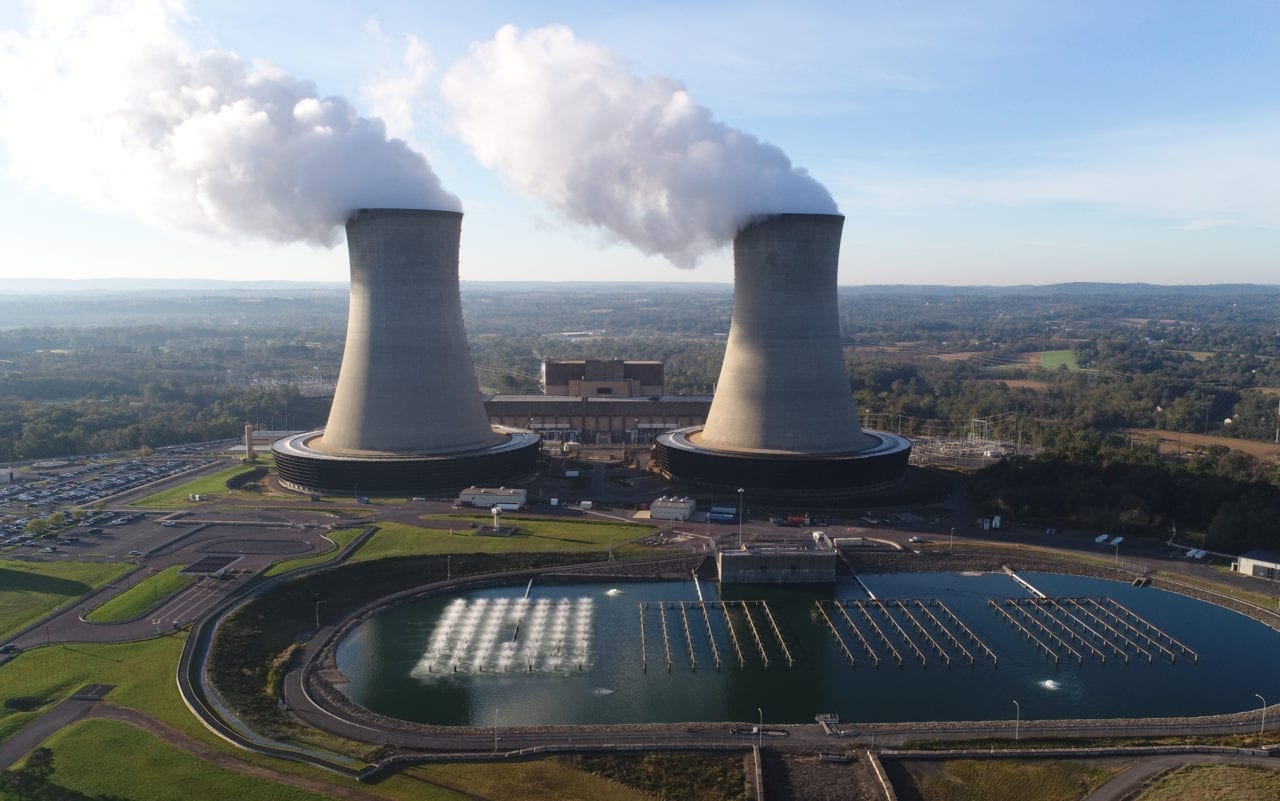
By John Stang
The Nuclear Regulatory Commission as of Friday had approved three exemptions for nuclear plants to exceed federal limits on work hours to ensure they remain operational during the COVID-19 pandemic.
All three facilities are owned by Chicago-based…